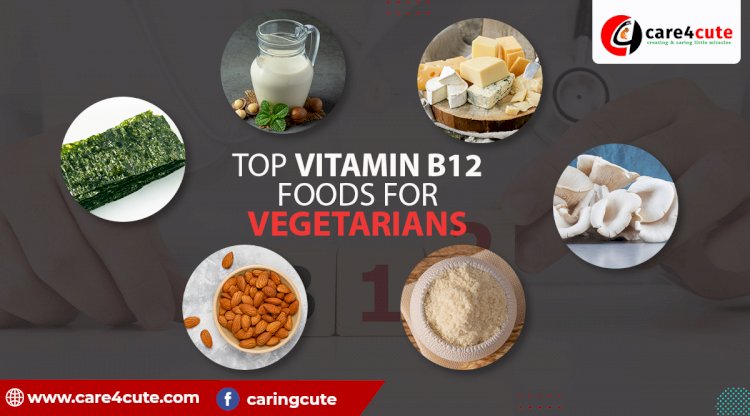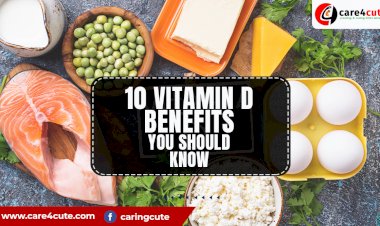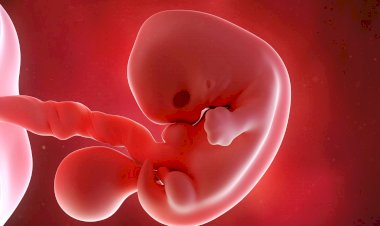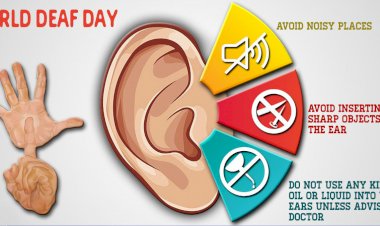Top vitamin B12 foods for vegetarians
Our human body requires various micronutrients to build up a healthy body structure to remain fit and well-functioning of our body. Among the various vitamins, vitamin B is an important nutrient for our body.

For a human being to be physically healthy and mentally fit, a balanced diet full of all the essential vitamins and minerals plays an important role. Our human body requires various micronutrients to build up a healthy body structure to remain fit and well-functioning of our body. Among the various vitamins, vitamin B is an important nutrient for our body.
Vitamin B12 or which is also known as cobalamin is a powerful, water-soluble vitamin. It is vital for various body functions including the production of healthy red blood cells (RBC) and neurological activity to elevate mood. It is mainly absorbed in the stomach and extra vitamin B12 is stored in the liver and can be used whenever the body needs it.
All should consume every essential vitamin and minerals in the right amount. Vegetarians and vegans must take particular care to consume enough vitamin B-12, as this vitamin B-12 is mainly found in meat, eggs, and dairy products. Therefore, it is more likely a vegan or vegetarian will develop a vitamin B-12 deficiency.
Benefits of vitamin B12
Below are some important benefits –
- Formation of red blood cells (RBC)
- Prevent major birth defects
- Prevent anemia
- Support bone health
- Prevent age-related eye problems
- Enhance mood and lowers the depression
- Improve heart health
Top vegetarian sources of vitamin B12
These are the B12 MVPs if you’re a vegetarian:
- nori
- shitake mushrooms
- fortified foods
- nutritional yeast
- milk
- cheese
- yogurt
- eggs
Best vegan sources of vitamin B12
Vegetarians who eat eggs and dairy products can get enough B12 from those animal-based foods.
Vegans, on the other hand, will have to lean on plant-based foods like:
- fungi
- yeast
- algae
- fermented foods
Why do we need B12?
Vitamin B12 is literally an essential nutrient. It’s a big deal for bodily functions like:
- synthesizing DNA
- protecting nerve cells
- creating red blood cells
- metabolizing nutrients for energy
B-12 deficiency symptoms
Common symptoms of a vitamin B-12 deficiency include:
- nerve damage
- weakness and fatigue
- tingling in the hands and feet
- numbness
- blurred vision
- fever
- sweating
- difficulty walking
- problems with the digestive system
- a sore tongue or mouth ulcers
- breathlessness
- feeling faint or dizzy
- depression
- mood swings
- a decline in memory, judgment, and understanding
- pale skin
- loss of appetite
- tinnitus (ringing, buzzing, or hissing sounds in the ears)

 Admin
Admin 




































Comments (0)